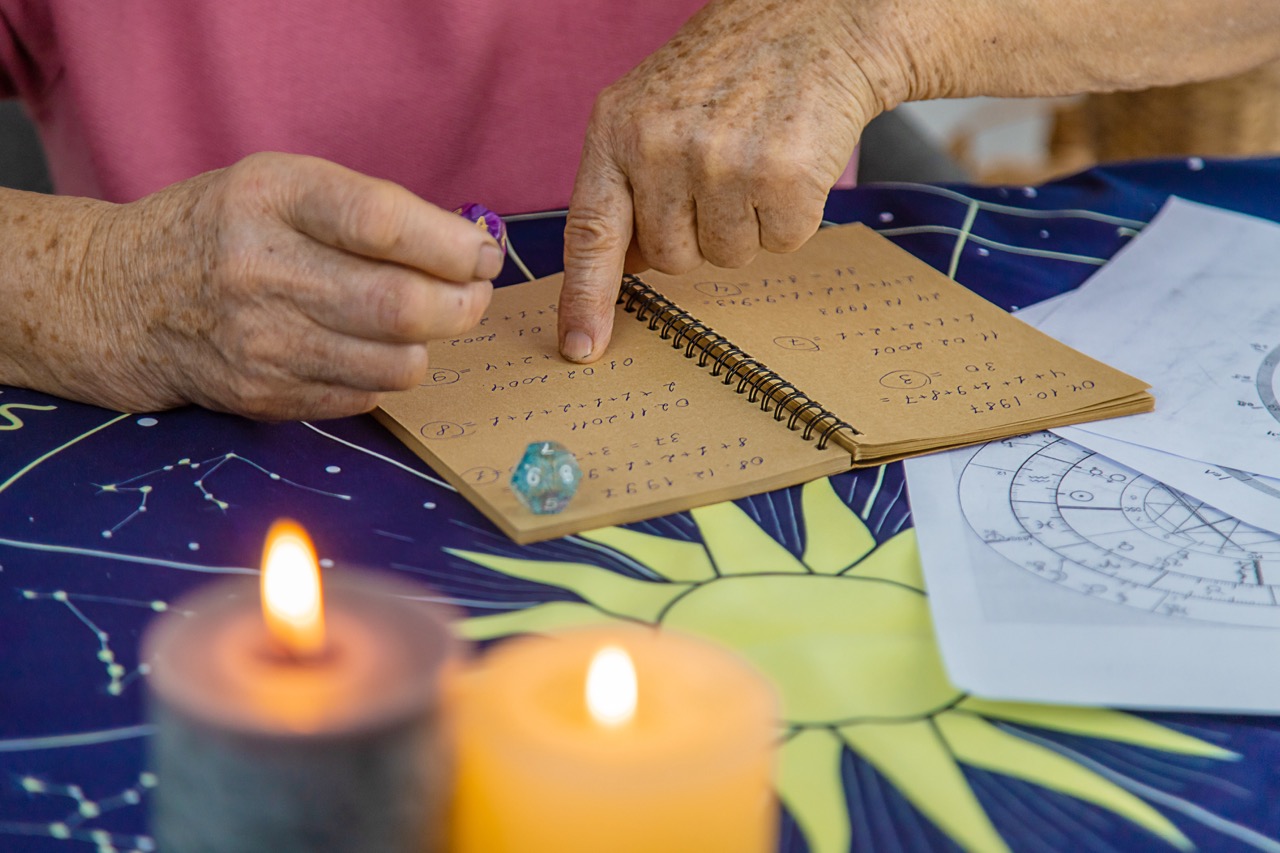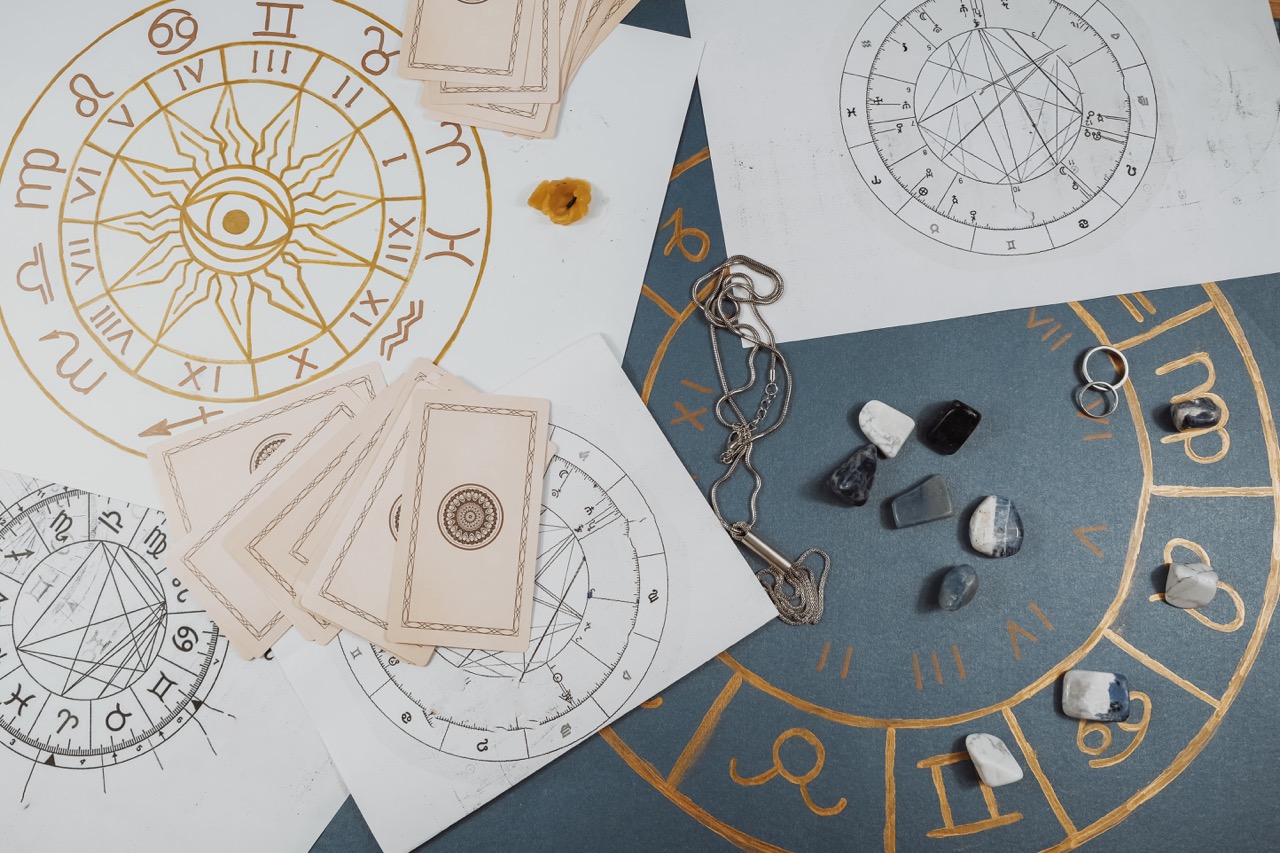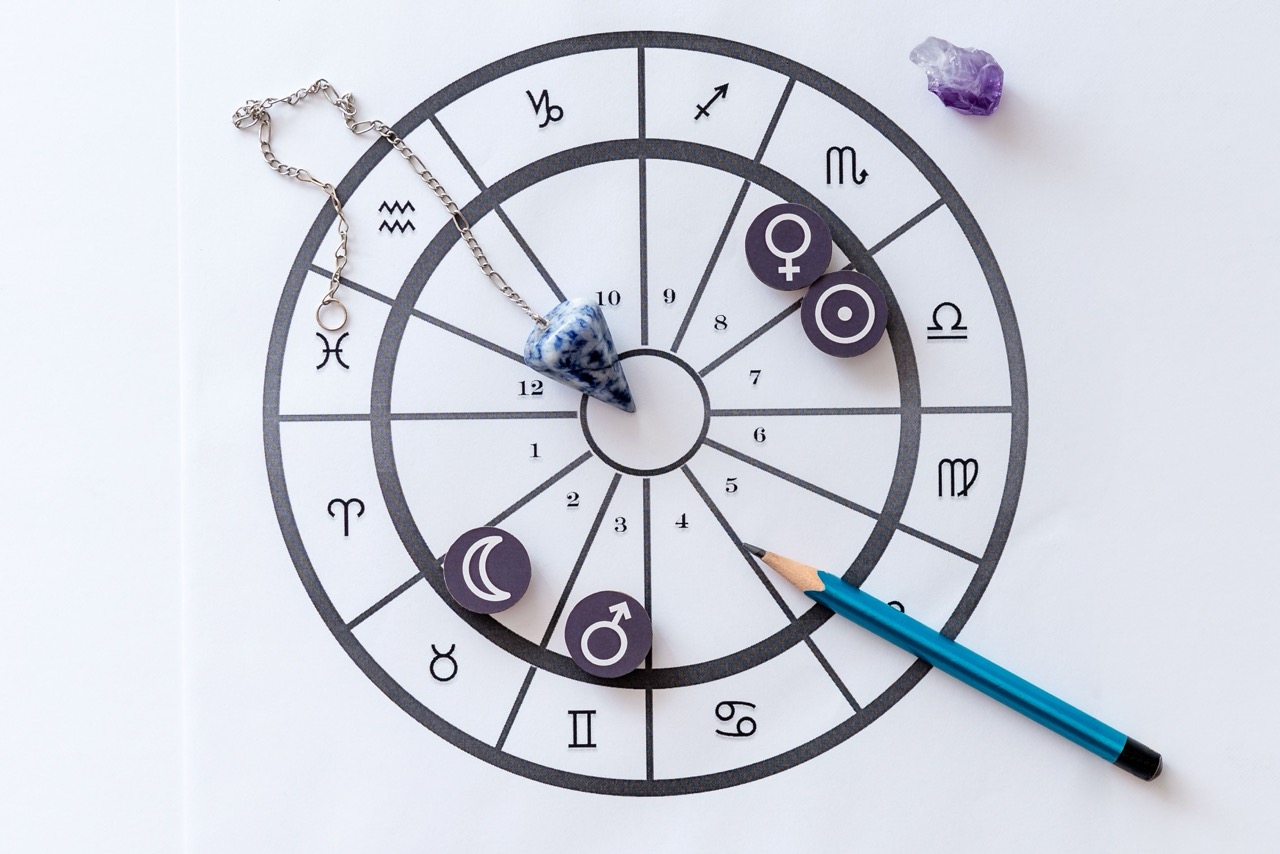In the quest to understand the enigmatic legacy of ancient civilizations, few figures shine as brightly as John Anthony West. A pioneering researcher and writer, West dove deep into the mysteries of ancient Egypt, intertwining his insights with the celestial wisdom of astrology. His work invites us to explore the profound connections between the cosmos and the knowledge passed down through the ages. In this article, we embark on a journey through West’s astrological insights, the ancient wisdom of Egypt, and the timeless secrets that continue to inspire seekers of truth.
Unveiling the Cosmic Tapestry: West’s Astrological Insights
John Anthony West’s approach to astrology was not merely about predicting the future; it was a lens through which he viewed the intricate connections between human experience and the cosmos. He believed that the celestial bodies held profound meanings, influencing our lives and destinies in ways often overlooked. His insights were steeped in a philosophical understanding that the universe is a vast, interconnected tapestry, where every thread—be it a star, planet, or human being—plays a vital role in the grand design of existence.
West’s astrological perspective drew from a rich heritage of ancient wisdom, recognizing that the Egyptians were not merely builders of monumental structures but also profound astrologers. He argued that the pyramids, temples, and other sacred sites were aligned with celestial phenomena, serving as gateways to greater knowledge. By decoding these alignments, West sought to reveal the hidden messages encoded in the architecture and layout of these ancient wonders, suggesting that the Egyptians were well aware of the cosmic cycles influencing life on Earth.
Through his writings and lectures, West inspired a new generation of seekers to look beyond the surface of astrological symbols. He encouraged individuals to delve into the deeper meanings behind their birth charts and explore how these celestial configurations resonate with their life experiences. In West’s view, astrology was a call to awaken to our true nature and purpose, urging us to recognize our place within the cosmic order, and to embrace the wisdom that the stars have to offer.
The Ancient Egyptian Wisdom: A Journey Through the Stars
The ancient Egyptians possessed an intricate understanding of the cosmos, reflected in their art, religion, and architecture. They believed that the stars were not just distant suns but manifestations of divine forces. This connection to the cosmos was integral to their spiritual practices, as they observed celestial movements to mark the passage of time and celebrate agricultural cycles. The Egyptians saw the heavens as a mirror of their own lives, a notion that West sought to illuminate through his astrological lens.
The Egyptians’ profound reverence for the stars is evident in their mythology, where deities were often associated with celestial bodies. For instance, the goddess Nut, depicted as the sky, was believed to swallow the sun at dusk, only to give birth to it again at dawn. This cyclical understanding of life, death, and rebirth echoes through West’s work, highlighting how astrology served as a bridge between the material world and the divine. He argued that the Egyptians understood the importance of these celestial narratives in guiding their lives and aligning themselves with the rhythms of nature.
West’s exploration of Egyptian wisdom also revealed the significance of the zodiac in their culture. He posited that the zodiac was not a mere tool for divination but a guide to understanding the roles and challenges individuals would face in their lives. Each sign represented a facet of the human experience, offering insights into one’s character and purpose. By studying these ancient astrological principles, West illuminated the timeless wisdom contained within Egyptian teachings, encouraging modern seekers to reconnect with these celestial narratives.
Connecting the Dots: Astrology’s Role in Egyptian Mysteries
Astrology played a pivotal role in the mysteries of ancient Egypt, serving as a key to unlocking the spiritual and philosophical frameworks that underpinned their civilization. John Anthony West emphasized that the Egyptians employed astrology not only in their daily lives but also in their quest for enlightenment. The mystical teachings of the Egyptians, rife with symbols and allegories, often intersected with astrological principles, leading to profound insights about the nature of existence and the universe.
The alignment of the pyramids with specific stars and constellations is perhaps one of the most striking examples of how astrology permeated Egyptian culture. West argued that these alignments were intentional, reflecting a deep understanding of celestial mechanics and their significance in the spiritual realm. The Great Pyramid of Giza, for instance, was aligned with the stars of Orion, believed to be a representation of Osiris, the god of the afterlife. This connection illustrates how the Egyptians viewed the cosmos as a sacred realm, where the physical and spiritual worlds intertwined.
By unraveling these connections, West urged us to rethink our understanding of ancient wisdom. He believed that astrology was a tool for understanding ourselves and our place in the universe, a means to access the mysteries that lie beyond the surface of our daily lives. In doing so, he encouraged a holistic view of spirituality, one that embraces the insights of the ancients while applying them to contemporary existence, inviting us to explore our own mysteries in the context of the cosmos.
John Anthony West: A Modern Sage of Timeless Secrets
John Anthony West was not just an academic; he was a modern sage who bridged the gap between ancient wisdom and contemporary understanding. His passion for the mysteries of ancient Egypt and his innovative approach to astrology compelled many to reconsider the significance of these ancient teachings. Through his books, documentaries, and lectures, West brought to life the profound insights of the Egyptians, illuminating the path for those willing to explore the depths of their own existence.
West’s work is characterized by a relentless pursuit of truth, often challenging mainstream narratives that overlook the spiritual dimensions of ancient cultures. He posited that the wisdom of the Egyptians contained keys to unlocking the potential within each of us, urging modern seekers to embrace the lessons offered by the ancients. His philosophy resonated with many who felt a longing for deeper connections to their spiritual roots and the cosmos, inspiring a renaissance of interest in astrology and ancient wisdom.
In an age often characterized by disconnection, West’s teachings serve as a beacon of hope and inspiration. He invites us to embrace the mysteries of the universe, to look beyond the mundane, and to engage with the celestial dance that shapes our lives. By remembering the wisdom of the ancients, we can reclaim our connection to the cosmos and embark on our own journeys of self-discovery, guided by the stars that have watched over humanity for millennia.
John Anthony West’s exploration of astrology and the ancient Egyptian mysteries offers a profound reminder of the interconnectedness of all things. His insights challenge us to embrace the wisdom of the past while forging a deeper connection with the cosmos. As we continue our journey through life, let us heed West’s call to explore the mysteries that lie within and around us, recognizing that the stars not only illuminate the night sky but also guide us toward our true purpose and potential. In doing so, we honor the timeless legacy of ancient wisdom and step boldly into the future, inspired by the cosmic tapestry that we are all a part of.




